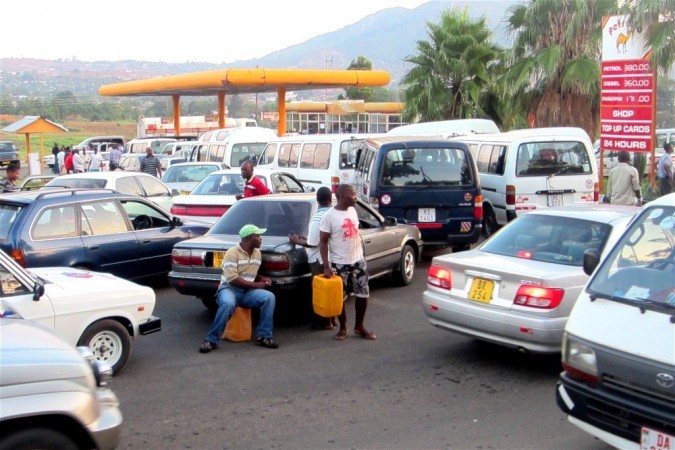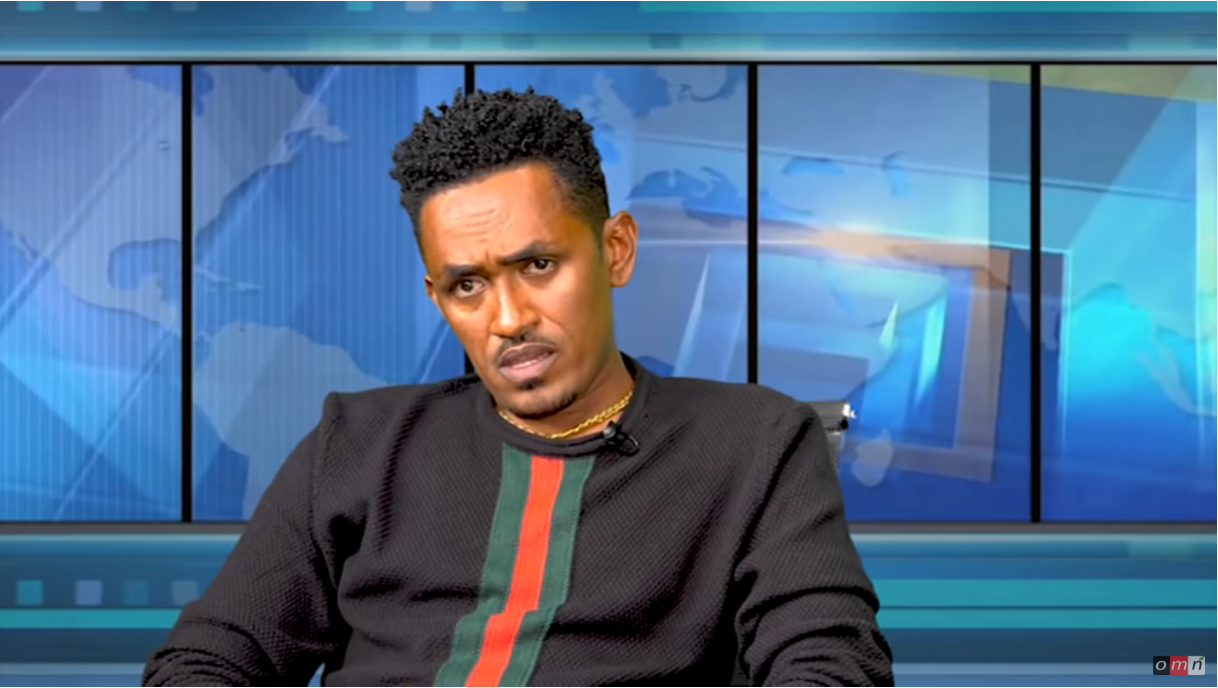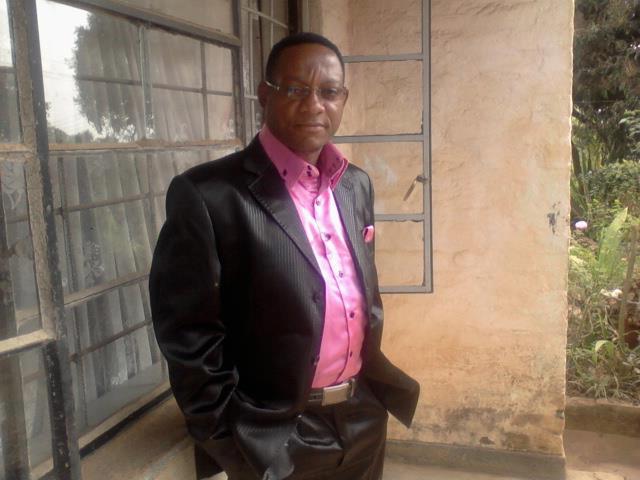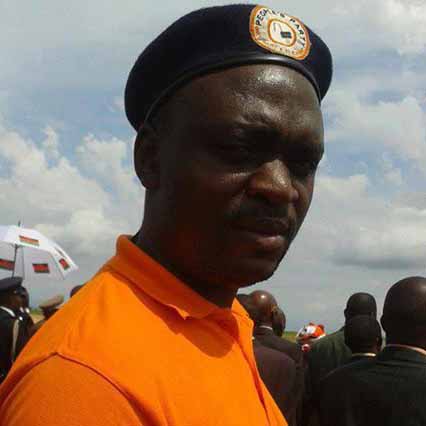Rampant fuel shortage which hit the country for the past couple of years has once again resurfaced with most service stations running dry as of yesterday, November 21, 2012, it has been reported by the local media.
According to the Daily Times, the development has resulted in people buying petrol from the black market where it is pegged at K1000 a litre, about K400 more than the pump price of K606.0 and diesel at K1000 as well, K402.60 more than the pump price, while minibus operators have also hiked bus fares resulting in people walking to and from work places.
“It appears we are going back to the bad days when we used to spend nights at filling stations in search of fuel. Imagine for the past two weeks I have only managed to find fuel from the black market. I hope this [the crisis] will not take long,” said one motorist was quoted by the local Daily.
The newspaper report further said that Malawi Energy Regulatory Authority (Mera) could not say when supplies will normalise while the Ministry of Energy referred the matter back to Mera.
Meanwhile, the Malawi National Assembly has passed a $76.9 million loan authorisation bill from the Export-Import Bank of India meant for the construction of 60 million litres of fuel reserves in the Capital City Lilongwe, Commercial City of Blantyre and the Northern City of Mzuzu.
Finalising the debate on the bill, Malawi’s Finance Minister Dr Ken Lipenga said construction of the fuel reserves does not mean the total abandonment of the other fuel reserves that were done by the former President Ngwazi Dr Kamuzu Banda’s era.
But MCP members in the house were of the view that there was no need to construct new fuel storage facilities when the country has already others in Chipoka, Salima and Mchinji.
According to Lipenga, Malawi has a total holding storage facilities that only last for 2 days which is not enough to cope up with the increasing number of vehicles on the roads in the country.
Late President of the Republic of Malawi Professor Bingu wa Mutharika among other things in his vision for the country came up with the idea of constructing new fuel reserve facilities in the major cities with a total holding capacity of 60 million litres which would last for 60 days.





No comments! Be the first commenter?